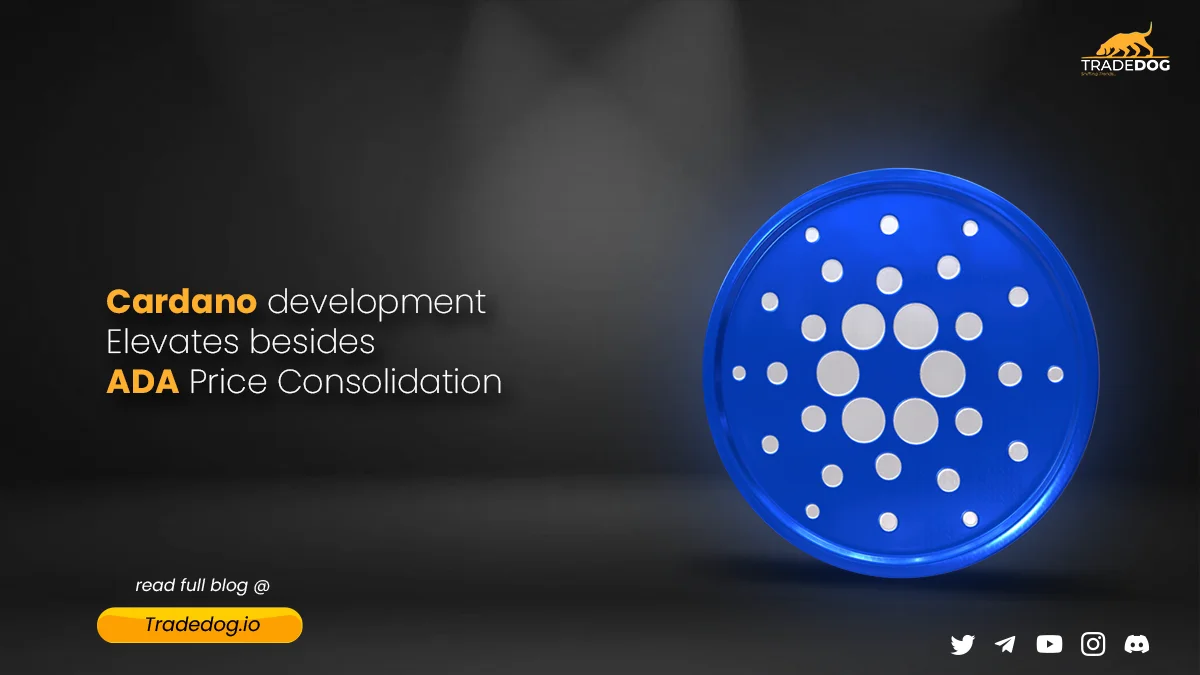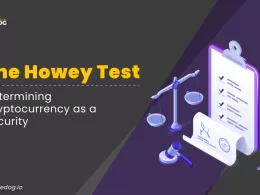Quick Links
Cardano Improvement Proposal (CIP) 1694 represents a vital evolution in the Cardano network, shifting towards a decentralized governance model and pointing to an optimistic future for ADA investors. This article will delve into the complexities of CIP-1694, its implications, and importance to the Cardano community.
Decoding CIP-1694
CIP-1694 is an official proposition submitted by the Cardano community that includes comprehensive details and administrative notes concerning the process of on-chain governance in Cardano. Areas of focus include:
- Cardano’s native tokens.
- New protocols for on-chain improvements.
- Potential alterations to the Cardano protocol.
The proposal is currently exploratory, subject to intense debate and dialogue among various stakeholders within the Cardano community, including developers, investors, academics, and stake pool operators.
The proposal is named in honor of the year of Voltaire’s birth, signifying the beginning of Cardano’s Voltaire era, a period committed to developing the governance structure of the Cardano protocol. This includes the creation of a Constitution Committee, Delegated Representatives (dReps), and Stake Pool Operators (SPOs), as well as establishing voting procedures and other governance specifics.
The Significance of the Community in CIP-1694
CIP-1694 places a distinct focus on community involvement. The Cardano Constitution, which is still in the planning phase, will serve as the core document, and every ADA investor will have the chance to express their views by voting on-chain. This approach ensures that the Cardano community will be instrumental in the decisions that mold the future of Cardano.
Beyond voting, various governance roles will be accessible, including positions on the Constitution Committee and among the Delegated Representatives (DReps), who will consolidate ADA voting power and cast votes. Stake Pool Operators (SPOs) form one of the three groups that approve governance decisions through voting.
For instance, consider a scenario where a large community segment believes that the Cardano network transaction fees are excessive. Under the current system, they would have minimal ability to effect change. However, with the introduction of CIP-1694, they could suggest an amendment to the fee system, and if it gains sufficient support, it could be voted on and implemented. This is a potent demonstration of how CIP-1694 could democratize the Cardano ecosystem.
Moreover, introducing CIP-1694 could also ignite innovation within the Cardano ecosystem. With the ability to propose and vote on changes, the community could propel the creation of novel features and improvements that they deem valuable. This could result in a more active and dynamic ecosystem that effectively meets user needs.
The Future of Cardano with CIP-1694
Once CIP-1694 is approved and activated, the governance of Cardano will be governed by the community. This means that the Constitution Committee, Delegated Representatives (DReps), Stake Pool Operators (SPOs), and ADA investors will collectively have the authority to propose ideas, submit them for voting, and, if successful, enact them.
The introduction of CIP-1694 could indicate a potentially positive trajectory for ADA investors. As Cardano evolves into the first decentralized blockchain protocol managed and operated by its community, the dream of a decentralized ecosystem based on open-source blockchain technology governed by its community is becoming a reality.
Conclusion
CIP-1694 marks a critical juncture for Cardano, signifying the dawn of a new era in which the community assumes a key role in determining the future direction of the Cardano ecosystem. This movement towards a community-centric governance model could herald a prosperous period for ADA investors as it represents the maturation of the Cardano ecosystem and its readiness to adopt the principles of decentralization fully.
CIP-1694’s thoughtful and inclusive method ensures that the Cardano community, developers, projects, and other stakeholders are given adequate time to adapt. It also allows the Cardano ecosystem to rectify any concepts that may not have worked as planned or to implement additional changes suggested during the testing phase.
At its core, CIP-1694 is a proposal for discussion within the Cardano community about on-chain governance designed to foster a sustainable future for Cardano and deliver another significant update to the network. It is proof of the Cardano community’s dedication to upholding the principles of decentralization and community-driven governance, laying the groundwork for a more equitable and inclusive blockchain ecosystem.












